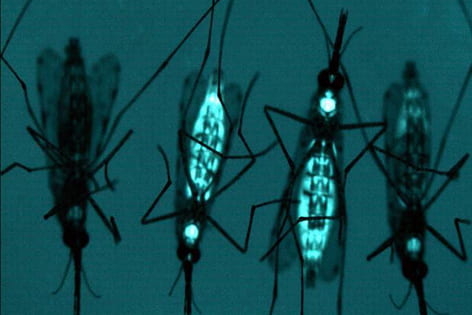Dried mushrooms slow climate warming in northern forests
The fight against climate warming has an unexpected ally in mushrooms growing in dry spruce forests covering Alaska, Canada, Scandinavia…
The fight against climate warming has an unexpected ally in mushrooms growing in dry spruce forests covering Alaska, Canada, Scandinavia and other northern regions, a new UC Irvine study finds. When soil in these forests is warmed, fungi that feed on dead plant material dry out and produce significantly less climate-warming carbon dioxide than fungi in cooler, wetter soil. Knowing how forests cycle carbon is crucial to accurately predicting global climate warming, which in turn guides public policy to curb greenhouse gas emissions. The study by Steven Allison and Kathleen Treseder appeared online Monday, Nov. 3, in the journal Global Change Biology.

